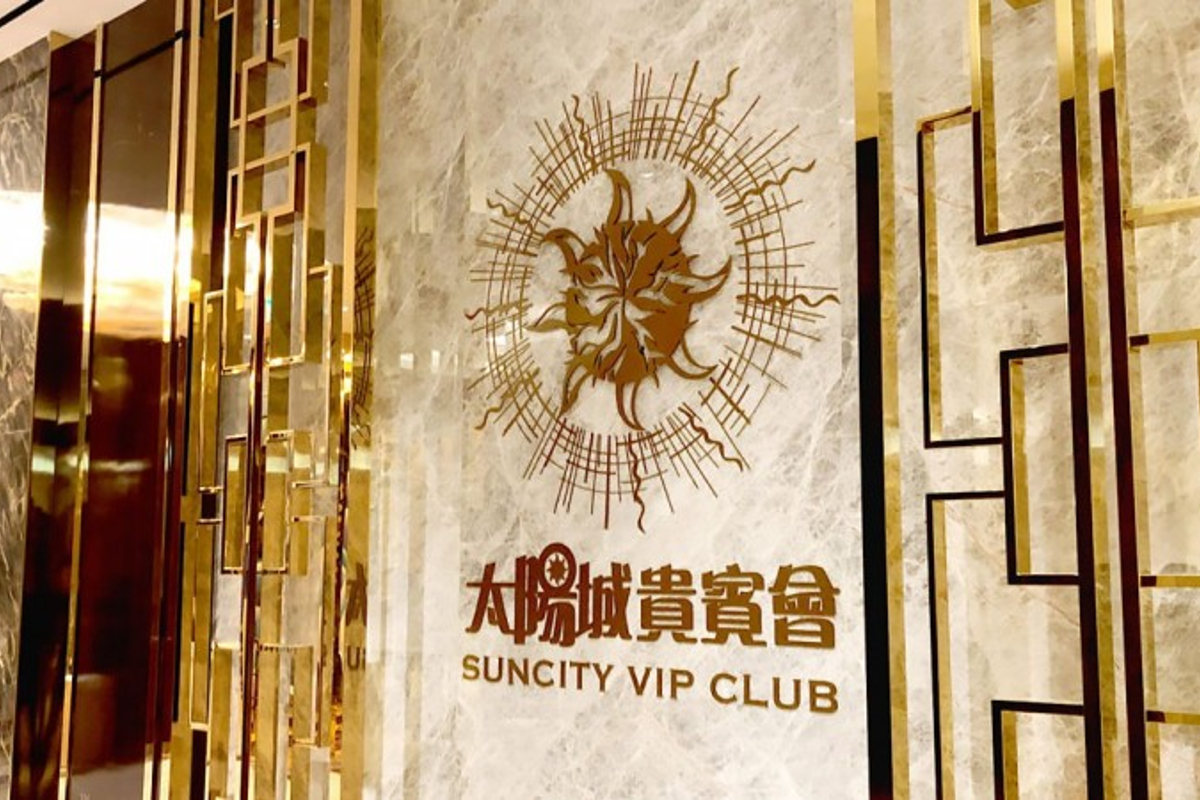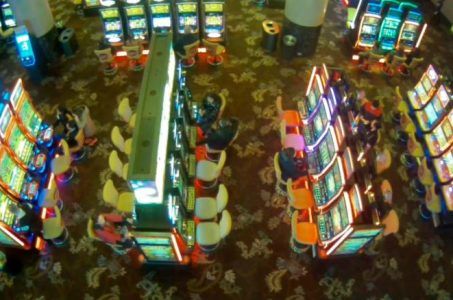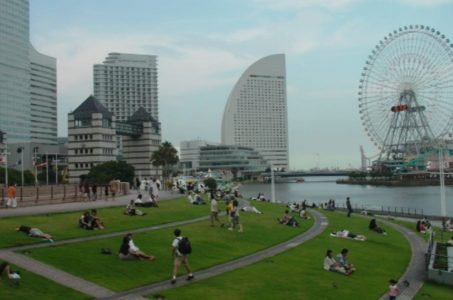Macau Regulators Meet With Junket Trade Group to Discuss Future VIP Operations
Posted on: February 22, 2022, 12:34h.
Last updated on: February 22, 2022, 02:18h.
Macau gaming regulators met recently with representatives of the enclave’s primary junket trade group. The topic was how such VIP trip organizers will operate under the region’s next governing environment.

Key officials with the Gaming Inspection and Coordination Bureau (DICJ) sat down with the Macau Association of Gaming and Entertainment Promoters to better communicate the region’s forthcoming regulatory regime. The focus of the meeting was to provide VIP junket organizers with better clarity regarding Macau’s new gaming laws, which are to be implemented later this year.
Macau’s Legislative Assembly in January released its draft bill of “Amendment to Law No. 16/2001.” The bill sets to amend the legal framework for governing casinos and their games of chance. A key component of the legislation is changing the legality of how junkets conduct business.
China is also seeking to limit the flow of capital from the People’s Republic to foreign countries, as well as presumed tax havens like Macau.
Revenue Sharing Prohibited
Kwok Chi Chung, president of the Macau Association of Gaming and Entertainment Promoters, revealed details of the DICJ meeting to Inside Asian Gaming. The junket rep said while much is changing regarding how junkets operate, the industry will continue under the new regulatory law.
[Gaming] promoters have existed since before the liberalization of the gaming industry and have been expanding during these past 20 years,” Kwok stated.
Assemblypersons are deciding the final version of the gaming law. But it is expected to closely mimic last month’s draft version that gained legislative approval. That version included substantial changes to junket groups.
Most notably, junkets will no longer be permitted to reach revenue-sharing agreements with casinos. They will also be limited to working with only one of the six casino operators.
In the current environment, junket groups organize and facilitate first-class travel to Macau for Chinese high rollers. Once in Macau, the VIP guests are afforded large gaming credit lines.
The draft gaming law seeks to prevent junkets from loaning such players gaming credit. The bill additionally prevents casinos from sharing gaming income generated from junket gamblers with the trip organizers.
Instead, junkets will only be allowed to receive a small commission based on the chips each junket patron directly purchases with the casino. Commissions are paid based on the number of chips rolled over — aka lost to the casino.
Past is the Future
Kwok says the proposed law is simply reverting to the days of old.
The late billionaire Stanley Ho, the so-called “King of Gambling” who held a monopoly on casinos in Macau until the enclave was handed back to China in 1999, created the junket concept in the 1970s.
After criminal groups and ticket scalpers took over ferry operations that high rollers boarded to travel from Hong Kong to Macau, Ho orchestrated the VIP junket model. In exchange for bringing wealthy gamblers to his casinos, Ho afforded junkets a 0.7 percent commission on associated gaming revenue.
But as five additional casino operators were welcomed in, such junkets began modifying how they bring in affluent gamblers. Larger junkets like Suncity had their own dedicated VIP rooms in numerous casinos around town and were cut a significant share of the gaming income generated from the customers.
Those private rooms and revenue share arrangements are likely a thing of the past. And that’s okay with Kwok. He says VIP junkets and casinos over the decades have formed contracts that perhaps ran afoul of Macau’s original junket regulation intentions.
“This is just back to the starting point,” Kwok concluded.
Related News Articles
Yokohama Publishes IR Timeline, Casino Winner to Be Selected This Summer
MGM Resorts Secures Osaka Casino Rights, $9B Project Moves Forward
Most Popular
Mirage Las Vegas Demolition to Start Next Week, Atrium a Goner
Where All the Mirage Relics Will Go
Most Commented
-
Bally’s Facing Five Months of Daily Demolition for Chicago Casino
— June 18, 2024 — 12 Comments
















No comments yet